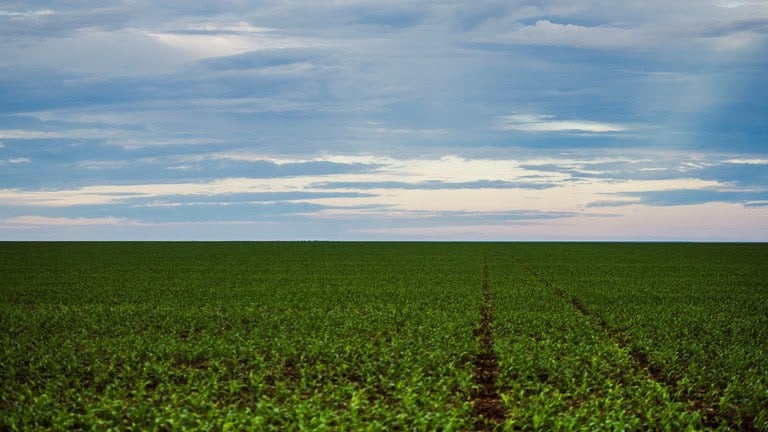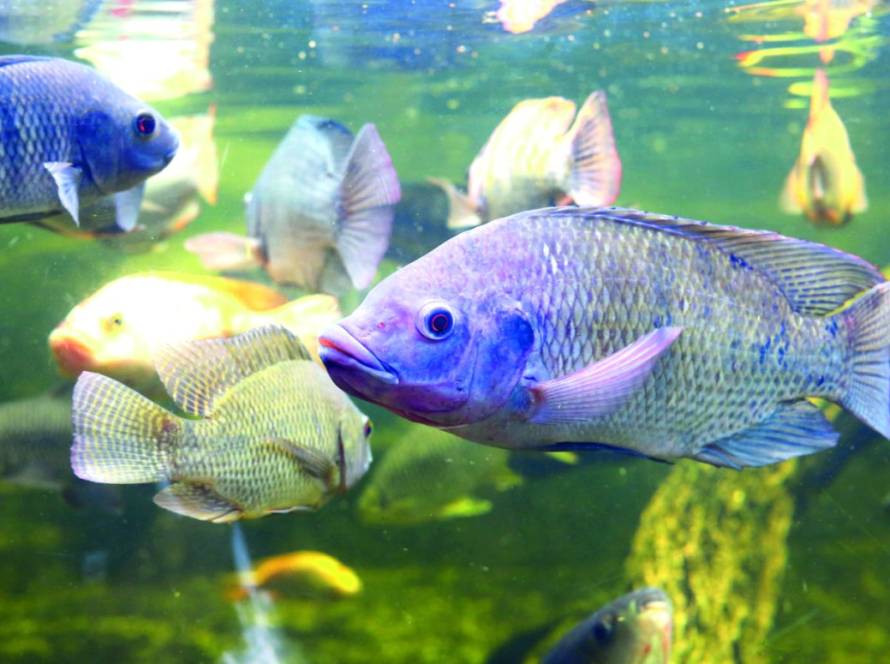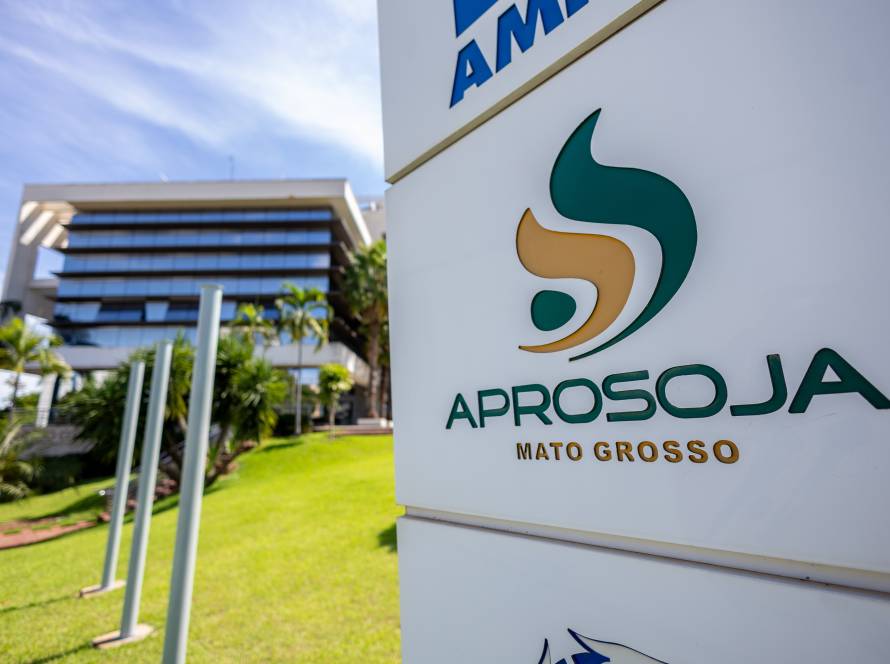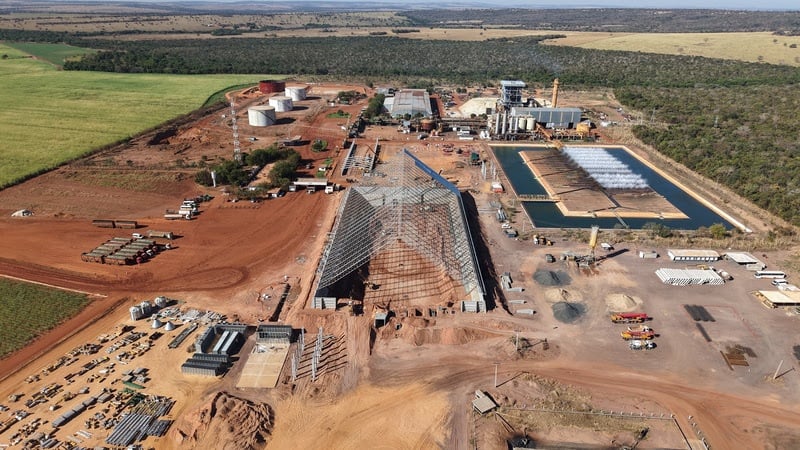For over 10 years, the Mato Grosso Soybean and Corn Producers Association (Aprosoja MT) has been providing soy beverages to the indigenous department of the Municipal Department of Education and Culture of Sapezal, which serves around 25 villages in the Tirecatinga territory. One of the institutions benefiting from the Agrosolidário Program is the Wakalitesu School, located in Aldeia 3 Jacu, which helps combat malnutrition throughout the territory.
According to the director of indigenous schools, Maria Margarete Noronha Valentim, the school serves around 45 students up to the 5th year of elementary school with soy protein, which is essential to guarantee the health of the children in the village.
“Soy milk has come to help us with the issue of malnutrition, keeping the malnutrition rate at zero. Health is monitored and everything is organized. Health and education come together,” he explains.
In addition to the village located in the Tirecatinga territory, Maria Margarete reveals that the soy drink is also distributed to other villages, through exchange, covering other municipalities such as Campo Novo do Parecis and Tangará da Serra, highlighting the positive impact for the residents of the region and the adaptation of residents to the guidelines on protein consumption.
“The project is designed to serve all indigenous communities, and has been an ongoing partnership with the Department of Education and other projects, such as reading in the villages. They have already made cakes, croquettes and many other things with soy milk. We blend it with banana and apple. We even make soy milk day to give out for everyone to drink. And we also do awareness-raising work so that they know the best way to drink the soy drink,” he says.
For teacher Edinara Cristiane Nambiquara, the impact of soy milk goes beyond nutrition, since the improvements are seen in the classroom with more energy from children who consume the protein. “Through the Aprosoja project, soy milk is a very important source of protein for children and within the Tirecatinga territory. On the days when soy milk is given, the children are always happier and have a smile on their faces when they receive the proteins,” she highlights.
Nursing technician Silvana Corrêa da Silva Marakaya pointed out that it is through monthly weighings that they can see the positive effects of protein on the children's routine. "We weigh the children every month. We see that, today, we no longer have underweight children, so for us, the agrosolidarity program within the community is very important," she explains.
The father of a student and resident of Aldeia 3 Jacu, José Miguel Nambikwara, reinforces and thanks the school for its partnership with Aprosoja MT. “I thank Aprosoja for always supporting us in bringing soy milk to our children,” he concludes.
The partnership between Aprosoja MT, through Agrosolidário, and the indigenous communities of Mato Grosso has shown that it is possible to improve the quality of life and guarantee healthier food for future generations.




